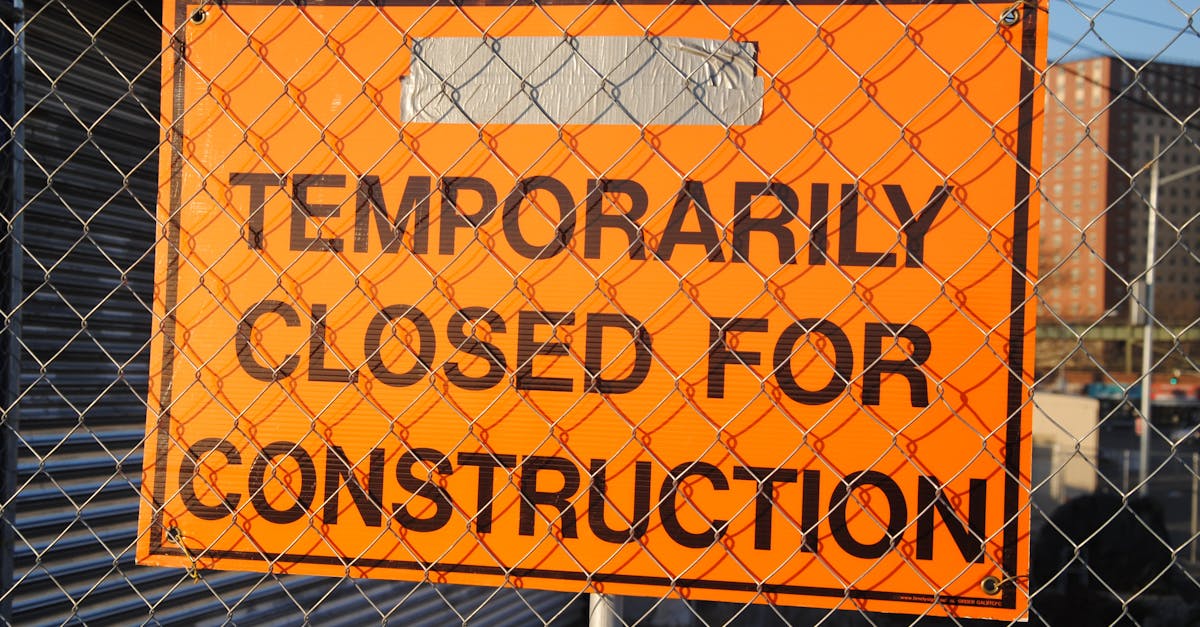
Introduction
Real estate transactions often involve complex contracts that require a keen understanding of various legalities. Unfortunately, common pitfalls in real estate contracts can lead to costly errors or missed opportunities for buyers and sellers alike. Understanding these common mistakes is key to facilitating smoother transactions and protecting one’s investments.
Incomplete Disclosures
One major pitfall is failing to disclose all relevant information about a property. Whether intentional or accidental, inadequate disclosures can lead to legal disputes. It's essential for sellers to provide full transparency on issues like property damage, hazardous conditions, or neighborhood concerns to avoid future backlash or rescinded contracts.
Ambiguous Contract Language
Vaguely worded contracts can create confusion and disputes between parties. Ambiguities often arise from using informal language or not specifying detailed terms. Clarity in a contract is paramount; both parties should work with an attorney or real estate professional to ensure precise wording, minimizing misinterpretations.
Failure to Meet Contingency Clauses
Contingencies in real estate contracts are conditions that must be met before a contract is fully binding. Common contingencies include home inspections, financing, and appraisals. Failing to properly address these contingencies can result in breaches of contract, causing a deal to fall through or lead to costly penalties.
Ignoring Zoning Laws and Restrictions
Overlooking zoning regulations or building restrictions can result in unforeseen limitations to property usage or development. Before signing a contract, buyers must perform due diligence in verifying that their intended use of the property complies with local zoning laws. Missteps here could lead to fines or forced renovations.
Overlooking Title Issues
Title issues are another common pitfall. Title defects such as undisclosed liens, claims, or boundary disputes can lead to ownership complications. Conducting a thorough title search and obtaining title insurance can protect buyers from unexpected legal challenges or financial liabilities linked to the property.
Underestimating Closing Costs
Closing costs are often underestimated by prospective buyers and sellers, leading to last-minute financial strain. These costs can include lender fees, appraisal charges, inspection fees, and taxes. Understanding these expenses upfront can help parties effectively plan and negotiate, preventing unwanted surprises at closing.
Failure to Update Contracts
Real estate transactions can undergo numerous changes before closing. A failure to update or amend contracts to reflect these adjustments might invalidate an agreement or lead to disputes. Regularly reviewing and revising documents ensures all new terms are documented and agreed upon, maintaining the contract’s validity.
Overreliance on Verbal Agreements
Verbal agreements can be fraught with misunderstandings and are typically not legally enforceable. In a realm as intricate as real estate, relying solely on verbal agreements increases the risk of disputes. All arrangements should be put into writing, reviewed by all parties, and formalized within the contract.
Conclusion
In summary, avoiding common pitfalls in real estate contracts is crucial for protecting one's investment and ensuring smooth transactions. By being aware of critical issues such as disclosures, clear language, and proper documentation, parties can minimize legal risks and navigate the real estate process with confidence. Seeking professional guidance for contract preparation can be invaluable in safeguarding interests and achieving successful outcomes.